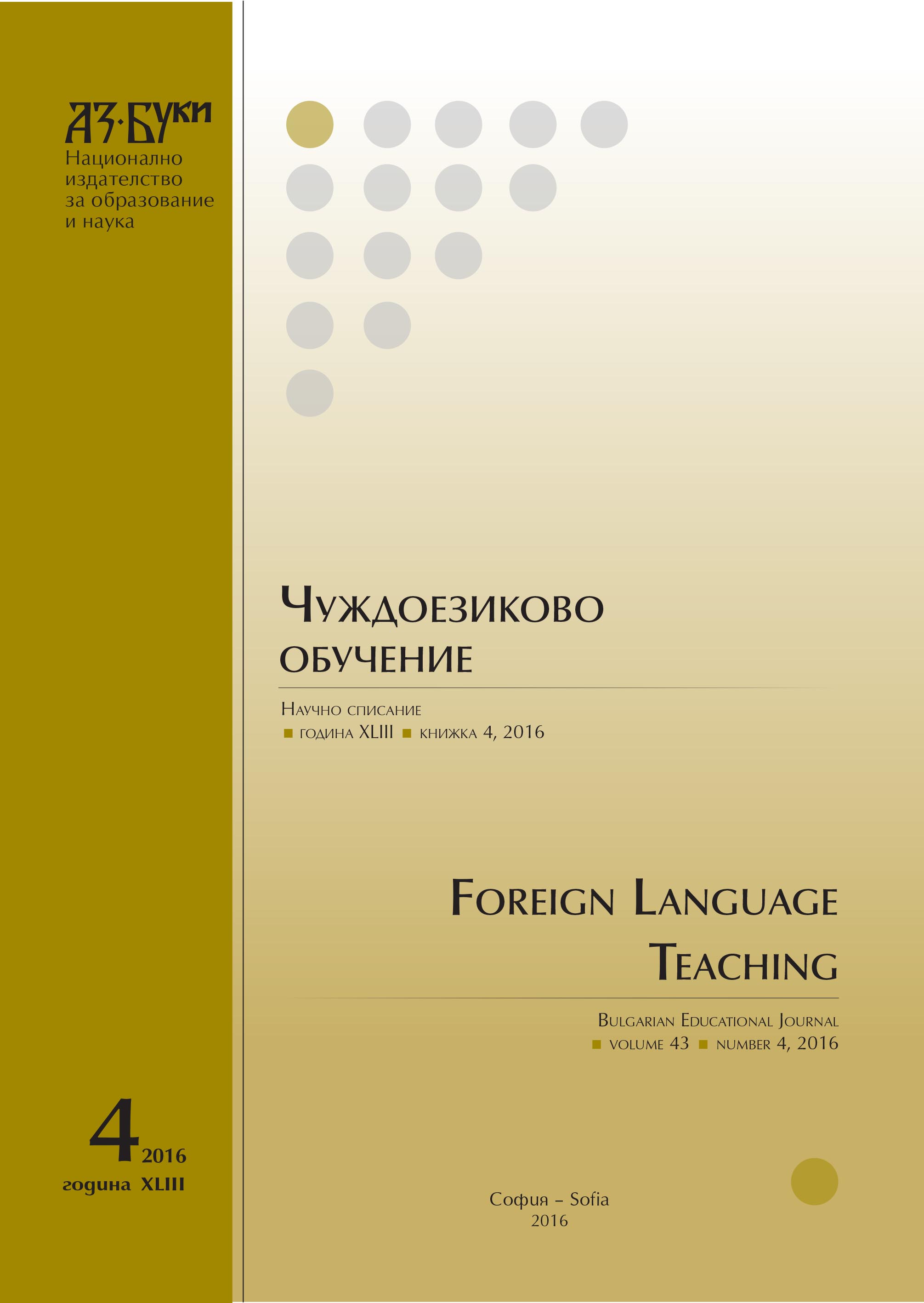Мифы о русском языке, или о формах наивной лингвистики в интернете
Myths about Russian Language or for the Linguistics Naive Forms on the Internet
Author(s): Valeriy EfremovSubject(s): Language and Literature Studies, Foreign languages learning, Theoretical Linguistics, Applied Linguistics, Phonetics / Phonology, Syntax, Lexis, Language acquisition, Pragmatics, Comparative Linguistics, Cognitive linguistics, Descriptive linguistics, Stylistics
Published by: Национално издателство за образование и наука „Аз-буки“
Keywords: folk linguistics; folk etymology; naïve culture studies; naïve speech culture; naive e-lexicography
Summary/Abstract: Internet as a new form of existence of language becomes the new mirror to reflect a variety of myths about language. The Internet impacts contemporary language and speech giving new forms of naive linguistics: (1) Linguofreaks develop a new folk etymology (2) Jargon padonkaff represents naive culture studies and linguistic resistance (3) Grammar Nazi is an example of naive language policy and speech culture (4) Wictionary is the form of naive lexicography. All this internet-movements contain their myths about the Russian language.
Journal: Чуждоезиково обучение
- Issue Year: 43/2016
- Issue No: 4
- Page Range: 491-496
- Page Count: 6
- Language: Russian
- Content File-PDF

